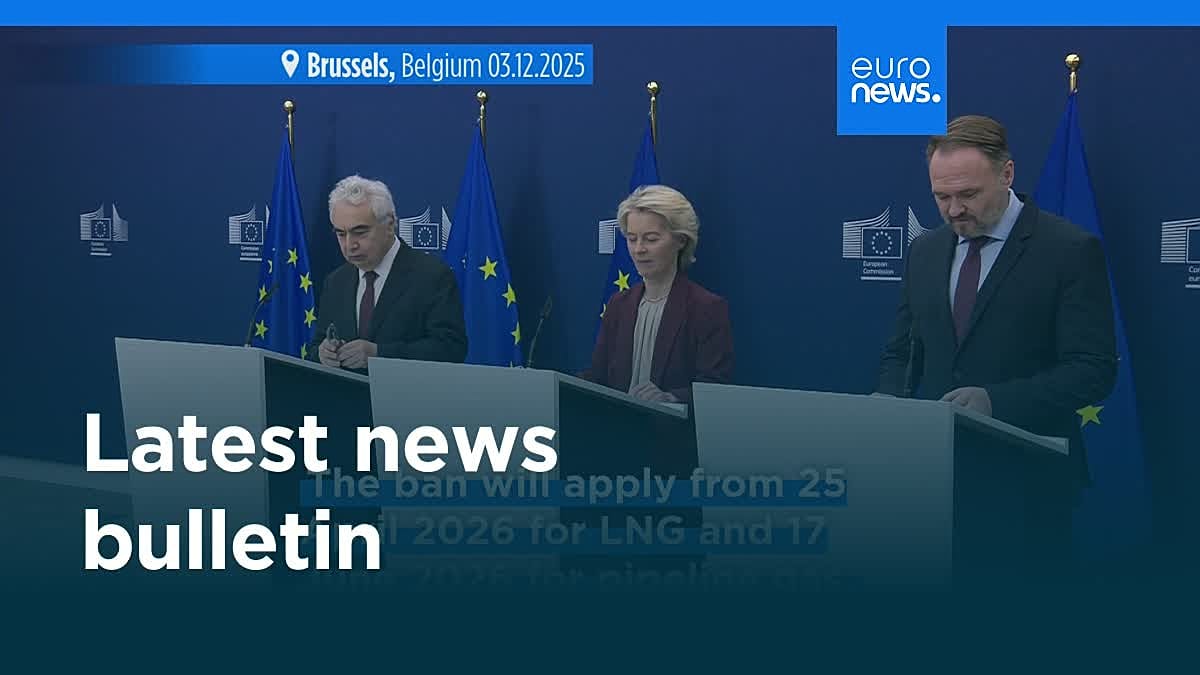Meta against the EU, ban on political advertising from October

Rome/Brussels (ANSA) – Meta will end paid advertising related to politics, elections, and social issues in the European Union at the beginning of October due to “legal uncertainties arising from the new EU regulations.” Meta’s decision precedes the entry into force, in October, of the regulation on transparency and targeting of political advertising (Ttpa).
The regulation requires that online political ads be clearly labeled with information on how the ad is targeted, who pays for it, how much it costs, and which election or cause it supports for easy access to information. Additionally, to protect voters from manipulations such as targeting techniques, the Ttpa stipulates that online political advertising based on personal data will only be possible with explicit and separate consent.
According to Meta, this regulation “introduces additional and significant obligations” to its processes “that create an unsustainable level of complexity and legal uncertainty for advertisers and platforms operating in the EU.” The company emphasizes that the halt is “a difficult decision” and that since 2018 it has “introduced tools to ensure more transparency on ads related to political, electoral, and social issues and safeguard measures.”
Meta also specifies that the halt only concerns the EU and that “it will not prevent EU citizens or candidates from publishing content and discussing political issues, but such content cannot be amplified with paid ads.”
“We have taken note of Meta’s announcement. Although the Commission does not comment on the commercial decisions of companies, we are ready to respond to specific concerns,” replied a spokesperson for the European Commission. “With the ongoing digital transition, citizens must be able to easily distinguish whether they are viewing paid political content, both offline and online,” he added (July 25).

















































